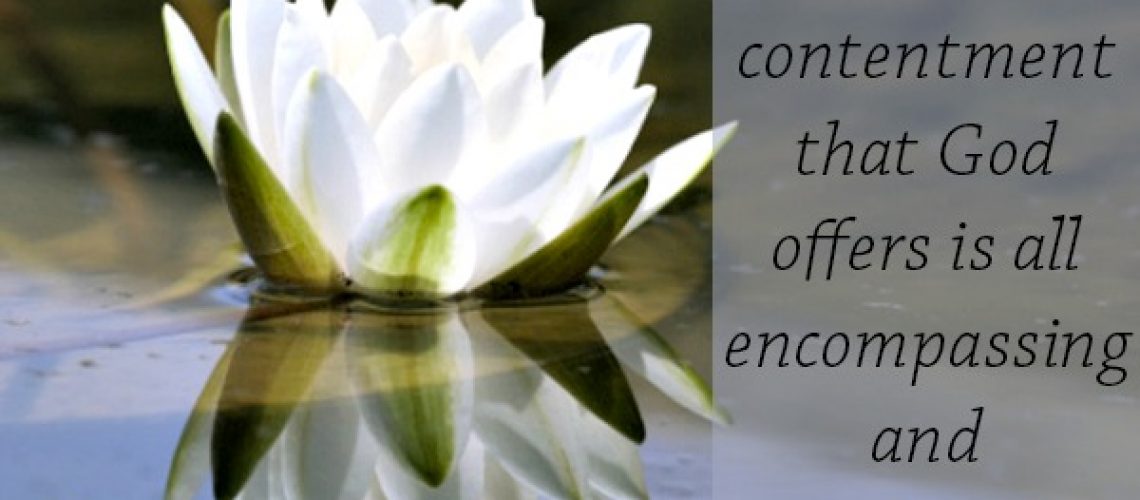THE BEATITUDES
And he lifted up his eyes on his disciples and said:
“Blessed are you who are poor, for yours is the kingdom of God.”
“Blessed are you who are hungry now, for you shall be satisfied.”
“Blessed are you who weep now, for you shall laugh.”
“Blessed are you when people hate you and when they exclude you and revile you and spurn your name as evil, on account of the Son of Man!23 Rejoice in that day, and leap for joy, for behold, your reward is great in heaven; for so their fathers did to the prophets.”
The four Beatitudes of Luke 6:20–23
Luke’s version of the Beatitudes, less well-known than Matthew’s but actually punchier, more to the point. It all hinges on detachment, that decisively important spiritual attitude—apatheia in the Greek Fathers, “indifferencia” in Ignatius of Loyola. Spiritual detachment means that I am unattached to worldly values that become a substitute for the ultimate good of God.
Luke’s account, puts things into perspective. Luke’s first beatitude, a model for the rest: “Blessed are you who are poor; the reign of God is yours.” What if we translated this as, “How lucky you are if you are not addicted to material things.” When we place material things in the center of our concerns, we find ourselves caught in an addictive pattern.
our concerns, we find ourselves caught in an addictive pattern.
“Blessed are you who are poor, for the Kingdom of God is yours.”
“Blessed are you who are now hungry, for you will be satisfied.”
“Blessed are you who are now weeping, for you will laugh.”
“Blessed are you when people hate you, and when they exclude and insult you, and denounce your name as evil on account of the Son of Man. Rejoice and leap for joy on that day! Behold, your reward will be great in heaven. For their ancestors treated the prophets in the same way. But woe to you who are rich, for you have received your consolation. But woe to you who are filled now, for you will be hungry. Woe to you who laugh now, for you will grieve and weep. Woe to you when all speak well of you, for their ancestors treated the false prophets in this way.” (Luke 6:20-26)
Because material goods don’t satisfy the hunger in our soul, it convinces us that we need more of them to gain contentment. So we strive and work to acquire more “nice things” — cars, homes, the latest and greatest gadgets, clothes—and then we find that those don’t satisfy us. So we strive and strive, and the momentum continues.
Therefore, how lucky I would be if I were poor, unattached to material goods, finally indifferent to them. What a release from bondage and such a great feeling of freedom and relief!!
